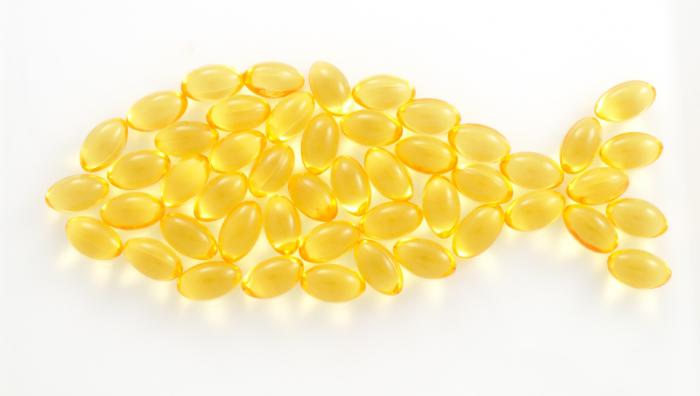
In the current Zeitgeist of fat apologism, the world’s collective waistline increases constantly at an alarming rate. Corporate interests, feminists, and fat-asses have cooperated, conspired, and colluded to change the public perception of attractiveness and establish that obesity is a medical condition and not a crime against vitality itself.
It’s in times like these that the men and women of today, more than ever, need to know how to trim the inches from their waist.
I advocate running. If you run 10 miles a week, you will never be overweight.
I used to run 10 miles twice a week in high school. My running schedule allowed me to eat whatever the hell I wanted and increased my recovery by several orders of magnitude. That is to say, my recovery from workouts, injuries, and all night benders was faster. To this day, I actually wake up earlier and easier when I have gotten a good night’s drunken rest (the no hangover part is probably a function of my youth). When it comes to stripping body fat – running had the most noticeable effect of anything in my earlier days.
The way I did it was simple. I ran a circular path in my high-school past a tennis court, through a golf course, through a parking lot, down a school driving, onto the side-walk that passed my dorm and past the tennis court again. The distance was such that one lap was roughly one mile, if not a little more. One day I ran one lap. Two days later I ran three laps. I continued like this on Tuesdays and Thursdays. Three laps became five laps. Five laps became seven laps. Seven laps became nine laps, and nine laps became ten. I always ran with music and got started right away so my mind didn’t have time to convince me not to run. I ran in the snow. I ran in the fog. I ran in the dark. Little stopped me from running.
By adding on a little bit extra to my run each time, I was able to go from running one mile to ten in three weeks. Learning from that, I often take large tasks and break them up into more manageable chunks. I also got a confidence from being able to run ten miles. I felt like most people I knew could walk ten miles, let alone run them. This new found confidence in myself, reinforced by the remarks of people who watched me run formed part of the foundation of the start of my journey into the game.
~Wald


